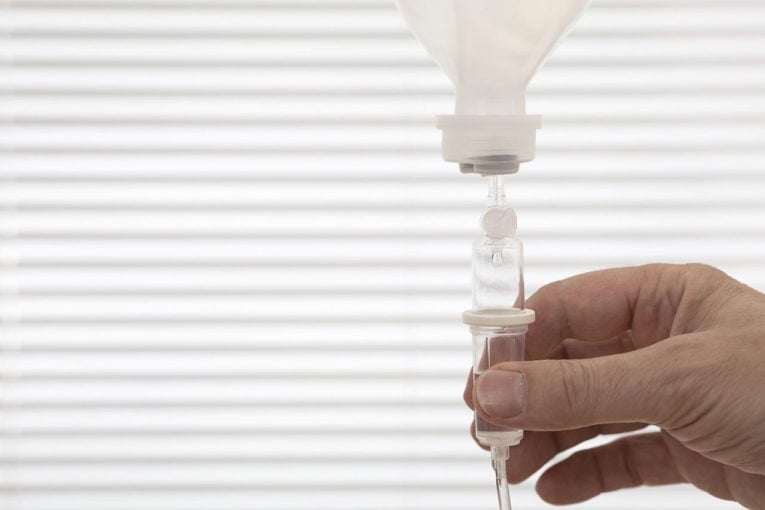Scottish Widows has found that despite 21% of people admitting their household wouldn’t survive financially if they lost their income due to long-term illness, just 9% have a critical illness policy.
The research found that people are more likely to insure their mobile phones (12%) than to protect their own health.
Meanwhile, just 27% having a life policy, equivalent to 14 million people. This has fallen by seven percentage points compared with 2017, a year-on-year decrease of 3.6 million individuals.
Scottish Widows says this is an especially precarious position for the 42% of UK households that are reliant on just one income. Despite 43% of people saying they’d rely on their savings if they or their partner were ill and unable to work, 35% admit their savings would last no more than three months if unable to work and 54% say they’d last no longer than a year. 30% – or 15.5 million people – say they aren’t saving anything at all.
19% say they’d rely on state benefits if they or their partner were unable to work for six months, but at a time when welfare reform is resulting in significant changes to benefits such as child and working tax credits, income-based job seeker’s allowance, income support, housing benefits and bereavement benefits, Scottish Widows argues that families need to do all they can to protect themselves and their families.
In addition, people are leaving themselves and their families unprepared for other aspects of illness or bereavement. 20% of people aren’t sure who would take care of them if they fell ill, and 48% don’t have the protection of a will, power of attorney, guardianship or trust arrangement in place for their families.
When asked why they haven’t taken out life or critical illness insurance, 30% of the UK’s primary breadwinners say they don’t see the need for cover.
The research also reveals that a lack of trust and understanding could be contributing to the UK’s protection gap. On average, people think that 34% of individual protection claims are paid out by insurance providers each year, based on the misconception that insurers will do anything not to pay. In reality, however, virtually all protection insurance claims (97.8%) were paid in 2017. In addition, 78% of people are unaware that cover often comes with practical advice and emotional care, as well as financial support, without having to make a claim.
Gary Burchett, protection dDirector at Scottish Widows, said: “It’s a worrying truth that people are more likely to insure their mobile phones than their own health. On a societal level, we increasingly think in the short-term, caring more about tangible things in our day-to-day lives.
“On a more fundamental level, we’re programmed not to think about the worst happening. Together, these are dangerous inclinations, as people aren’t thinking about insuring their health or life until it’s too late.
“Insurance providers have a role to play in building trust with consumers and helping people prepare financially in case the unexpected should happen. With the legislation establishing our new Single Financial Guidance Body having received royal assent, we view it as essential that of the many things the new body must consider, consumer financial resilience to income shocks resulting from health events is a major one.”



